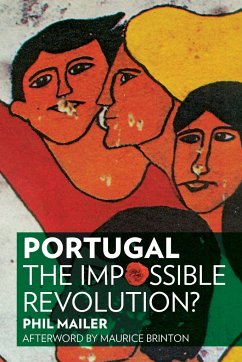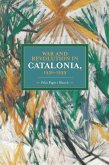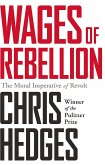This is the story of the political revolution in Portugal between April 25, 1974, and November 25, 1975, as seen and felt by a deeply committed participant. After the military coup in Portugal on April 25, 1974, the overthrow of almost 50 years of fascist rule, and the end of three colonial wars, there followed a year and a half of intense, democratic social transformation that challenged every aspect of Portuguese society. What started as a military coup turned into a profound attempt at social change from the bottom up and became headlines on a daily basis in the world media. This personal history depicts the hopes, the tremendous enthusiasm, boundless energy, total commitment, released power, and revolutionary innocence of thousands of ordinary people taking a hand in the remolding of their lives. It does so against the background of an economic and social reality that placed limits on what could be done.
Bitte wählen Sie Ihr Anliegen aus.
Rechnungen
Retourenschein anfordern
Bestellstatus
Storno






